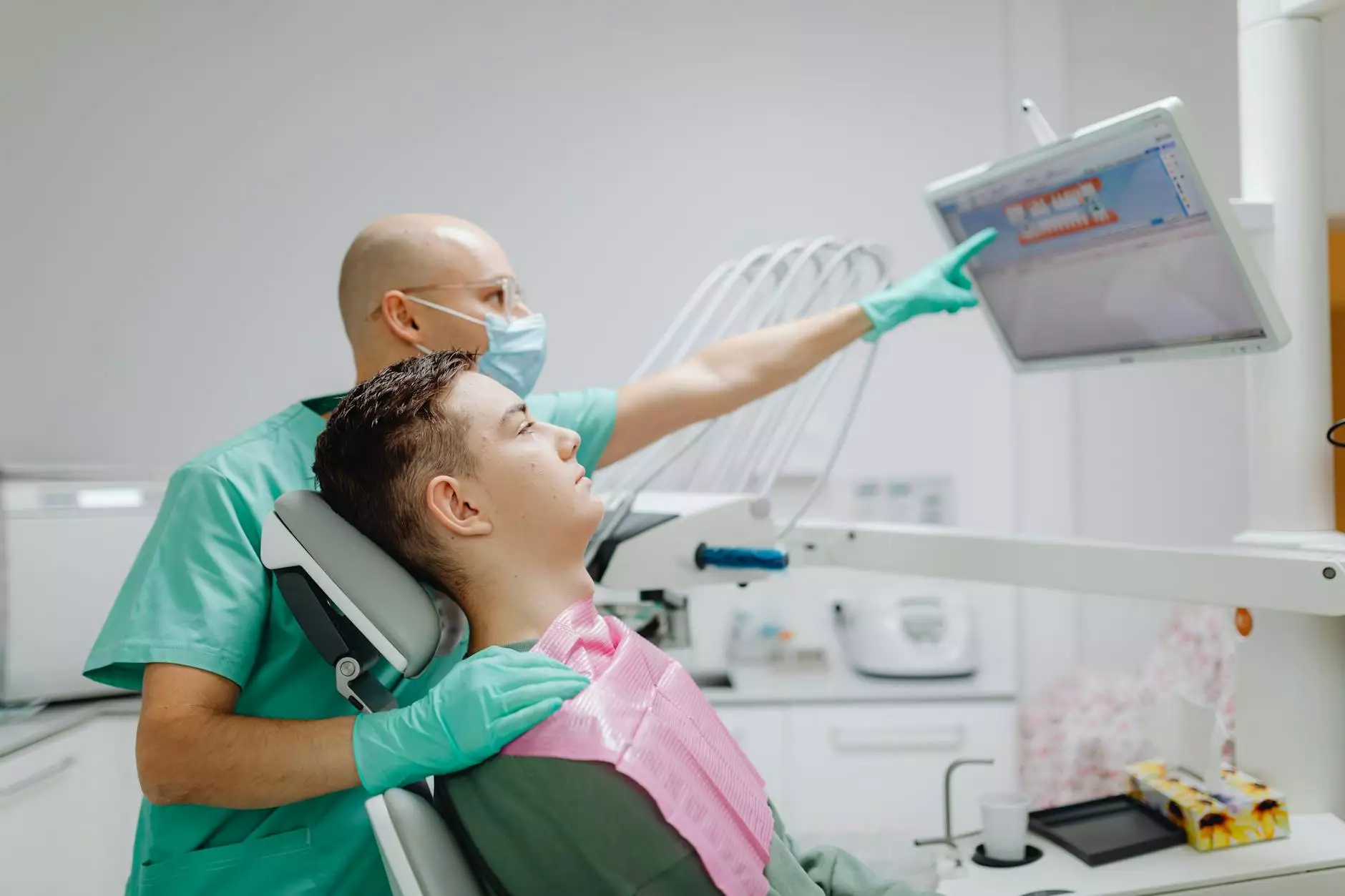Cancer Center Doctors: Champions in the Fight Against Cancer

When diagnosed with cancer, the journey ahead can seem daunting. Fortunately, cancer center doctors are specially trained professionals who play an essential role in navigating this complex landscape. Let's delve into the invaluable contributions of these medical experts and understand how they impact patient outcomes.
The Crucial Role of Cancer Center Doctors
Cancer center doctors are dedicated medical professionals specializing in oncology, the field focused on the diagnosis, treatment, and study of cancer. Their expertise encompasses a wide array of competencies, making them key players in patient care. Below are some fundamental aspects of their role:
1. Comprehensive Diagnosis
Accurate diagnosis is the cornerstone of effective treatment. Cancer center doctors utilize a variety of diagnostic tools and techniques to evaluate patient conditions, including:
- Imaging tests: Techniques like MRI, CT scans, and X-rays help visualize tumors.
- Biopsies: This procedure involves removing a small sample of tissue for laboratory analysis.
- Blood tests: These tests can reveal biomarkers associated with specific types of cancer.
2. Personalized Treatment Plans
Once a diagnosis is confirmed, cancer center doctors collaborate with a multidisciplinary team to develop personalized treatment plans tailored to each patient's unique condition and needs. Treatment modalities may include:
- Surgery: Surgical interventions may be necessary to remove tumors.
- Radiation therapy: High-energy particles or waves are used to destroy cancer cells.
- Chemotherapy: This systemic treatment utilizes drugs to target cancer cells throughout the body.
- Immunotherapy: This innovative approach harnesses the body's immune system to fight cancer.
The Expertise of Oncology Specialists
Cancer center doctors are often categorized into different specialties based on their area of focus. Understanding the diverse roles within the field can help patients better navigate their treatment options:
1. Medical Oncologists
Medical oncologists are physicians trained in the use of chemotherapy, hormonal therapy, and biological therapy to treat cancer. They are often the primary physicians coordinating a patient's overall oncology care.
2. Surgical Oncologists
Surgical oncologists specialize in the surgical removal of tumors and surrounding tissues. Their expertise is crucial in determining the extent of cancer spread and the most effective surgical intervention required for optimal outcomes.
3. Radiation Oncologists
Radiation oncologists are specialists in the use of radiation therapy as a treatment modality. They design and oversee the radiation treatment plans tailored to each patient's specific diagnosis and medical history.
4. Pediatric Oncologists
These specialists focus on diagnosing and treating cancers in children. Pediatric oncologists tailor treatment to address the unique biological differences in cancers affecting younger patients.
Emotional and Psychological Support
Beyond physical treatment, cancer center doctors recognize the emotional toll of a cancer diagnosis. They play an integral part in the holistic care of their patients by providing resources and support, such as:
- Counseling services: Helping patients cope with distress and anxiety associated with their diagnosis.
- Support groups: Facilitating gatherings where patients can share experiences and support one another.
- Aromatherapy and relaxation techniques: Offer complementary therapies that promote relaxation and well-being.
Collaborative Care Models
The complexity of cancer care requires a team effort. Cancer center doctors work alongside a diverse group of healthcare providers, including:
- Nurses: Oncology nurses are trained to assist with patient care, administer treatments, and provide education.
- Social workers: They assist patients in navigating the healthcare system, insurance, and mental health resources.
- Nutritional specialists: These professionals help develop dietary plans that support patients during their treatment.
- Palliative care specialists: Focus on symptom management and improving quality of life for patients facing serious illnesses.
The Importance of Follow-Up Care
Post-treatment follow-up is vital in detecting any recurrence of cancer early on. Cancer center doctors closely monitor patients through regular check-ups and screenings, which may include:
- Regular imaging tests: To check for recurrence of cancer.
- Physical examinations: Evaluating any new symptoms or changes in the patient's health.
- Blood tests: Monitoring for specific tumor markers post-treatment.
Research and Advancements in Oncology
In addition to their clinical responsibilities, many cancer center doctors are involved in research initiatives aimed at discovering new treatment methods and improving existing therapies. Their contributions to medical research include:
- Clinical trials: Enabling patients to access cutting-edge therapies not yet widely available.
- Translational research: Bridging the gap between laboratory research and patient care.
- Genomic studies: Investigating how genetic factors influence treatment responses among different individuals.
Choosing the Right Cancer Center
For anyone seeking care, knowing how to select a reputable cancer center is crucial. Consider these factors when looking for a center that best fits your needs:
- Accreditation: Look for centers accredited by reputable organizations like the American College of Surgeons or the National Cancer Institute.
- Specialization: Ensure that the center offers specialized care relevant to your specific type of cancer.
- Multidisciplinary teams: A center that fosters collaboration among diverse specialists will provide comprehensive care.
- Patient support services: Check for programs designed to assist patients, including psychological support and nutritional guidance.
Conclusion: The Future of Cancer Care
The role of cancer center doctors is pivotal in the fight against cancer. With their extensive training, commitment to patient care, and involvement in ongoing research, these professionals are essential in advancing cancer care. As they continue to innovate and improve treatment approaches, patients can remain hopeful about ongoing advancements in the management of cancer.
Choosing the right cancer center and working closely with dedicated doctors can make all the difference in a patient's journey. Their expertise not only facilitates effective treatment but also provides emotional and psychological support, enhancing the overall patient experience. With their support, individuals diagnosed with cancer can navigate their battles with confidence and resilience.









